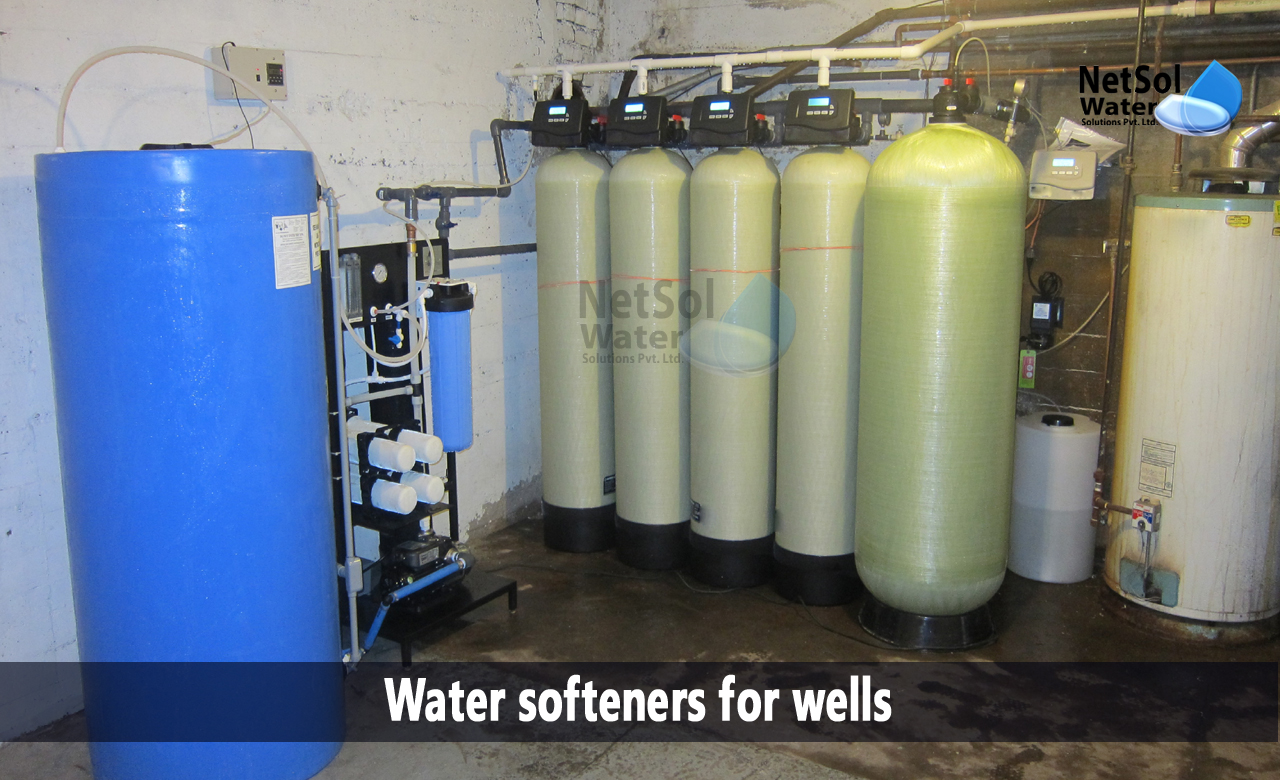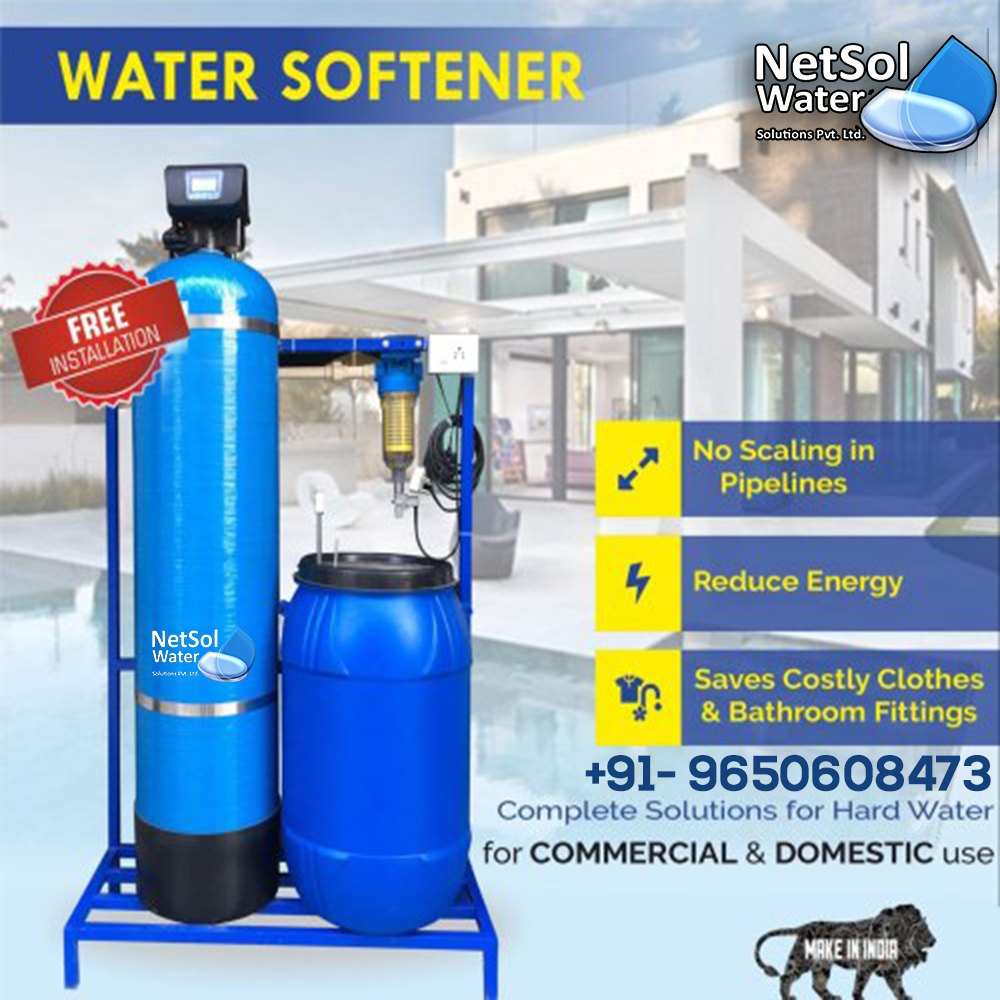Best Water softeners for wells
Most of us are affected by hard water, which damages our equipment and makes clean-up more difficult. Fortunately, water softeners can help by reducing the mineral content of our drinking water.
However, what if you're using well water?
Well water may need a particular water filter since it frequently contains high quantities of iron, heavy metals, organic compounds, and nitrates.
However, well water also contains significant amounts of calcium and magnesium, two minerals that cause water hardness. You will need to use a water treatment technique to remove these minerals from your well water supply, in order to prevent hard water from developing. In this blog, you will learn why a water softener is the finest option for treating well water.
Importance of a water softener
Hard water is a result of high calcium and magnesium concentrations, which can be eliminated with a water softener. The hard water minerals are filtered out of the water when it passes through a water softener, and the softened water then exits the water softening system, to pass via plumbing.
Process of Water Softening
Ion exchange is a technique used by water softeners to address the problems caused by hard water minerals, which promote scale build-up and are bad for skin and hair. The mineral tank's hard water is introduced through a bed of spherical resin beads. These sodium-ion-charged plastic beads are typically constructed of polystyrene.
Methods of water softening
Ion exchange or the additions of compounds that produce insoluble precipitates, are two methods for softening water. Ammonia, borax, calcium hydroxide (slaked lime), or trisodium phosphates are some of the chemicals used for softening on a modest scale, typically in conjunction with sodium carbonate (soda ash).
Sedimentation and filtration must occur after the lime-soda method of water softening, in order to remove the precipitates. Water can be chemically softened on a large scale by adding just enough lime to precipitate the calcium as carbonate and the magnesium as hydroxide, followed by sodium carbonate to remove the residual calcium salts.
Ion Exchange
It is a typical industrial technique for softening water. By passing the water through columns of a natural or artificial resin, which exchange sodium ions for calcium and magnesium ions, the goal is achieved. Slowly, calcium and magnesium starts to show up leaving the column.
At that time, the column must be regenerated by slowly pouring a concentrated solution of common salt through it; the surplus sodium ions displace the ions that cause the hardness so that, after being flushed with water, the bed of exchanger is once again ready for use. Initially, natural aluminosilicate were utilized as the exchangers for this function, but later, synthetic resins took their place.
Benefits of Well Water Treatment with a Water Softener
By using a well water softener, you can improve the taste of the water you consume. Your drinking water will taste better thanks to a softener system, but it will also:
· It reduces the amount of soap as well as detergent.
· Scale build-up on bathroom fixtures, clothing, glassware, and showers will be avoided.
· Preventing the build-up of scale in plumbing fixtures, heating systems, pipelines, and other water-related equipment. This will increase the lifespan of your household appliances, while saving you money on maintenance and repairs.
Can water softeners remove iron in well water?
Water softeners are capable of removing very little amounts of iron. However, a typical water softening system is not made to get rid of water that contains a lot of iron.
How often should a water softener resin be replaced?
The majority of analyses show that resin loss may be as high as 5% each year, meaning that after ten years of use, resin capacity will have decreased by 50%. Given this, between the ages of 12 and 15 is the ideal period to replace the resin, in your water softener.
Manufacturer of water softeners
In India, Netsol Water isone of the top manufacturer and supplier of water softeners. Our technology is extremely trustworthy and economical to use in a business and industrial setting.
Since, we are aware that you require the best systems available at reasonable and competitive costs, we work closely with each of our clients to provide high-quality filtration systems, at accessible prices.




